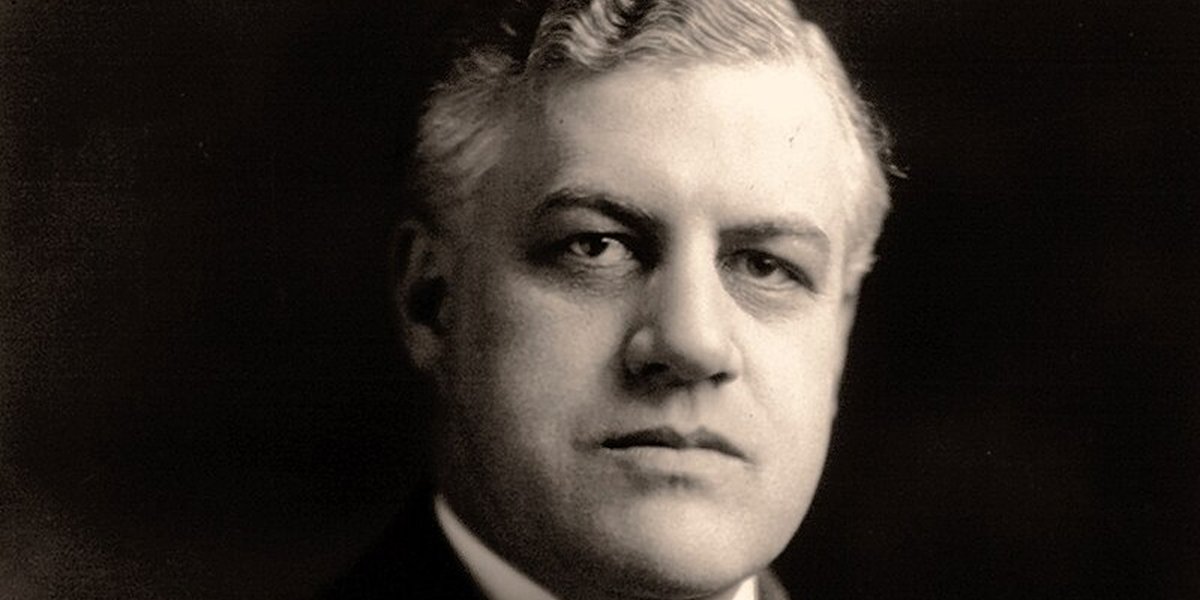Be aware of the risks of collective punishment.
In my Rodger’s Top 5 post for this month, I take a shot at the man I believe was our worst president, Woodrow Wilson. One of his most damaging decisions was the appointment of Mitchell Palmer as Attorney General. Wilson was our first self-identified Progressive President, and one of our biggest hypocrites. Faced with the double-cross of the Bolsheviks in Russia, whom he had quietly supported, Wilson unleashed a wave of raids on the country to root out communists, socialists, anarchists, and other radicals. To be fair, the country had seen a small wave of anarchist attacks including letter bombs sent to influential politicians from a tiny group who followed the Italian anarchist Luigi Galleani. But Palmer heard politically challenging speech behind every bush.
Wilson had warned against what he called hyphenated-Americans. He had already purged black Americans from the government and rolled back enforcement of his predecessors’ laws to bring former slaves into the fabric of the country. Beginning in November of 1919, Attorney General Palmer ignored due process and the warrant system to launch a series of raids against “radicals” in the country, especially the same Communists that Wilson had helped overthrow the government of Russia. The targets included Italian immigrants, Jewish immigrants, labor activists, and other “threats.”
These raids did not target individuals, but groups and locations where radicals met. Much of the activity was coordinated by newly appointed 24-year-old J. Edger Hoover. Palmer had given him the go ahead to use almost any means necessary to round up and deport these menaces to society. On November 7, 1919, the anniversary of the Bolshevik Revolution in Russia, raids on The Russian Workers Party in 12 cities commenced. Many were threatened and beaten, even group of teachers conducting night classes at a targeted building were arrested. All of this was justified by Palmer’s “intelligence” that radicals were going to launch a nationwide effort to overthrow the democracy on May Day 1920.
Over a three-month period, more than 10,000 were arrested, but most of the cases were thrown out over lack of evidence. In New York, over 650 were arrested, but only 43 were ever deported, most over simple immigration law violations. Eventually about 500 in total were deported. When the May Day rebellion against democracy failed to materialize, Palmer’s credibility collapsed, but his efforts and the methods of Hoover to use the justice system to root out opposition had become part of our political fabric.
Today, in a divided nation, both sides label the other and the use of warped judicial processes to subdue our opponents is still with us. Collective labeling and fear mongering has become political strategy. The use of the justice system as part of that is our greatest threat.


